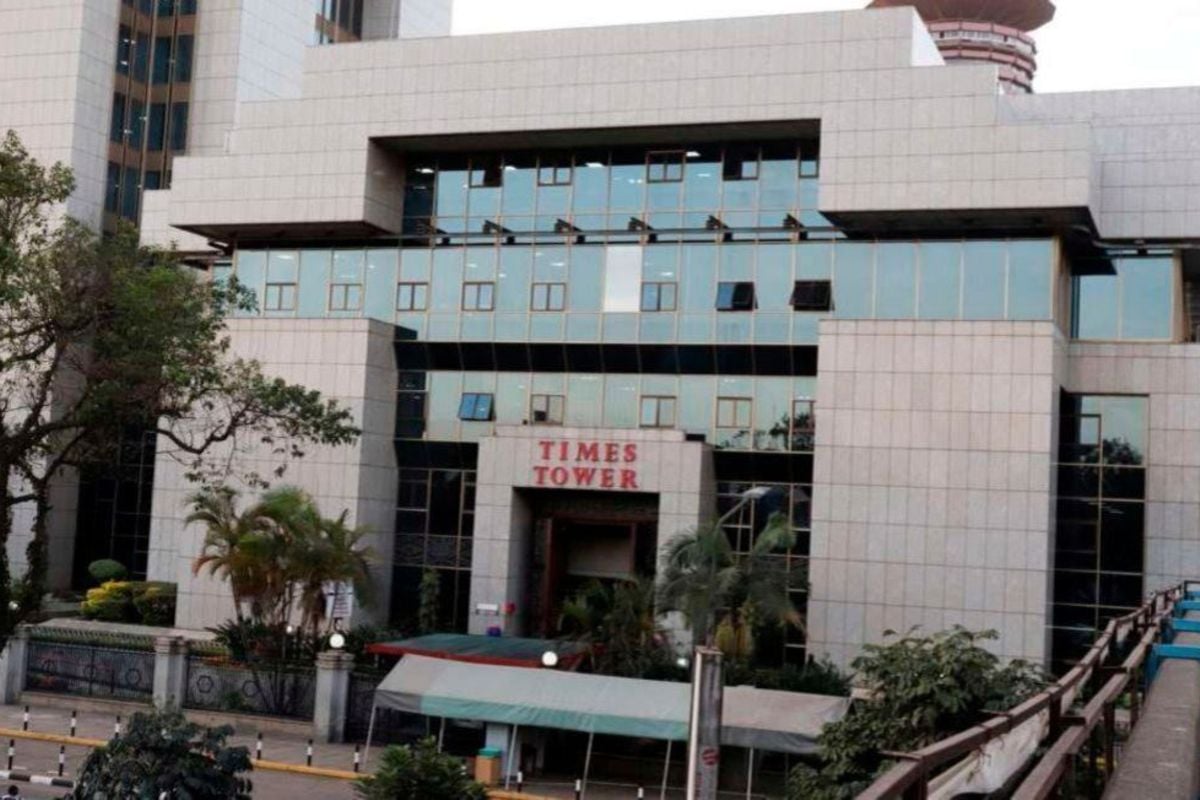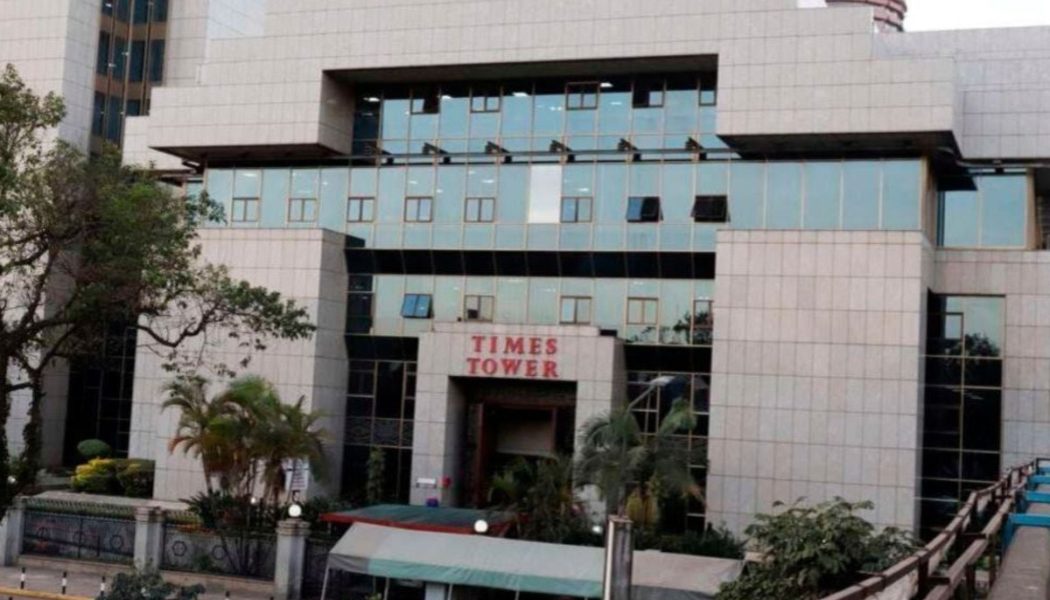
The Kenya Revenue Authority (KRA) has written to scores of businesses notifying them of overdue value-added tax (VAT) balances that were accrued before the introduction of the iTax system in 2014, potentially hitting those unable to provide proof of payment with bills running into millions of shillings.
Most of the balances date back more than 10 years, the taxman said, with businesses that failed to make payments before the expiry of the tax amnesty programme on June 30, 2024, facing additional penalty charges.
One of the notifications sent a demand of more than Sh11 million, with the KRA asking the entity to “make arrangements to clear the outstanding liability before June 30, 2024” to take advantage of the tax amnesty.
KRA said, however, these letters are not tax demand notices, but rather an invitation to the taxpayer to validate the balances—effectively to show proof of payment. The balances are, therefore, subject to adjustment based on information the businesses provide the taxman.
“These balances have been communicated to the respective taxpayers which they can view in their iTax profiles. The migrated ledger balances relate to the periods 2014 and prior and are not demand notices but tax balances that are subject to revalidation by both parties based on any additional information that may be provided,” the KRA told the Business Daily.
“Taxpayers have an opportunity to raise and resolve any concerns they may have on the debit/credit balances with KRA. However, KRA expects taxpayers with no concerns on the migrated and communicated debit ledger balances to arrange to pay the outstanding taxes.”
Due to the potential of the balances rising or falling upon validation, the KRA said it would not be able to provide an overall figure of the amount it expects to collect from the unpaid VAT.
An entrepreneur who has received the VAT letter expressed anxiety over the potential impact of the demands on business finances, at a time when many small enterprises are struggling to stay afloat in a difficult economy.
Businesses have also raised issues with the lengthy wait by the KRA to issue them with the claim, especially due to the accumulated penalties.
Under the Tax Procedures Act, the period within which the KRA can issue or amend a tax assessment is capped at five years from the last reporting date to which the assessment relates, unless there is an incidence of fraud, tax evasion and willful neglect on the part of the taxpayer.
Therefore, some businesses do not keep records of tax beyond five years, and due to this provision, the KRA has been keen to stress that it is not raising assessments of taxpayers in the reconciliation exercise.
The KRA started the reconciliation of the taxpayers’ accounts in its old Integrated Tax Management System (ITMS) in 2020, after which these balances would progressively be migrated to the iTax system, starting with large and medium taxpayers.
The iTax system was introduced in 2015, replacing the Integrated Tax Management System (ITMS), which had been in place since 2009.
Before 2009, the KRA used a returns system that required manual keying in of returns by its staff once they were filed by taxpayers, meaning that any withheld taxes deducted at source were liable to escape the attention of the KRA.
With the introduction of ITMS, taxpayers were able to pay their dues directly to KRA accounts, but the system was semi-automated, with the taxman still issuing receipts that proved one had remitted the taxes through bank transfers.
The iTax system was therefore introduced to cure this, allowing businesses to pay and file their taxes online.
The tightening of VAT reporting and payments was enhanced further with the introduction of the electronic Tax Invoice Management System (eTIMS), which has automated tax invoicing, giving the KRA more visibility of business income.
By the end of April, 236,000 businesses had been onboarded on eTIMS, with a further 679,000 that were targeted for onboarding staying off radar.
Out of those on board, only half were actively transmitting invoices through the system, posing a headache to the government’s efforts to widen the tax base and enhance compliance by those already on the register.








